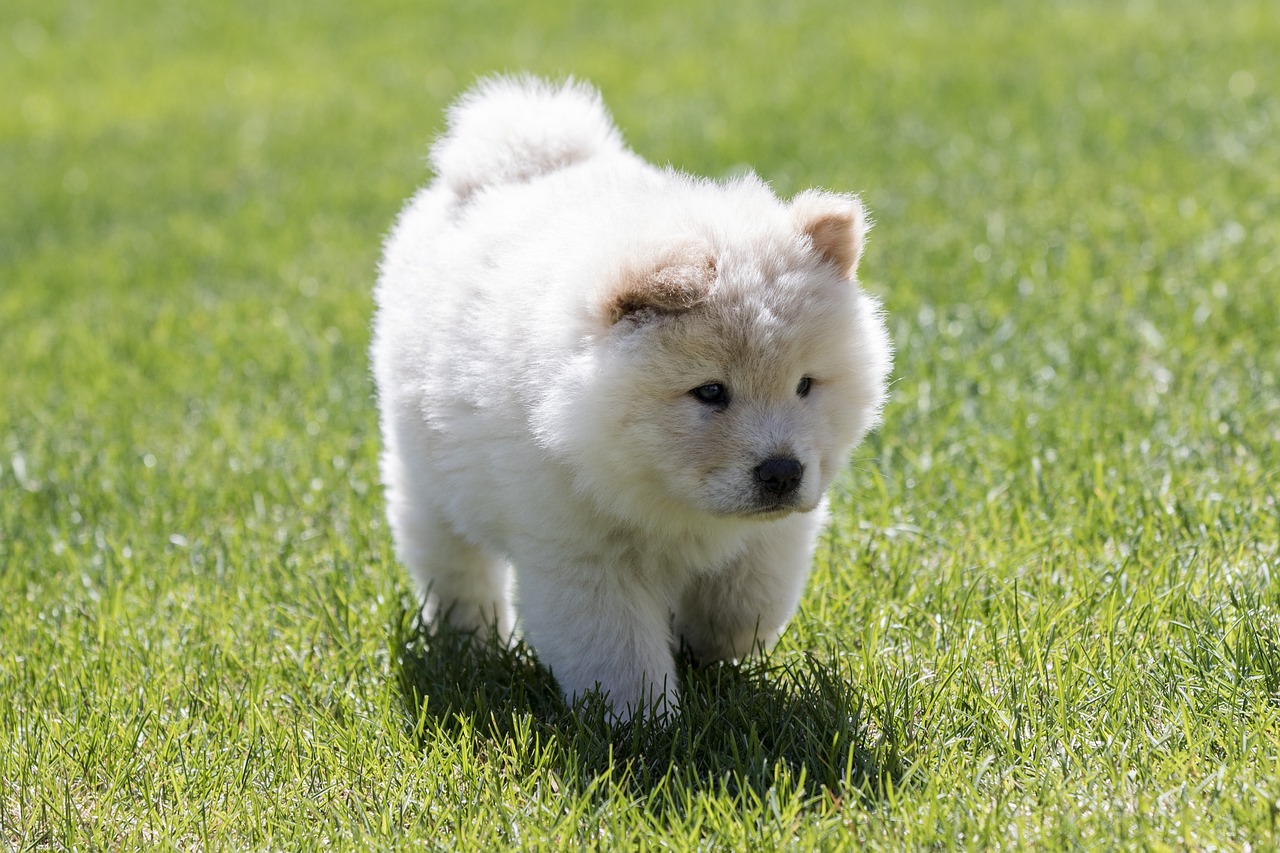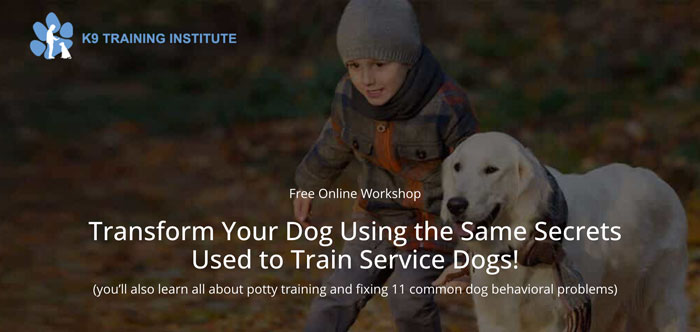Proper socialization is crucial for any breed, but it’s especially important for Chow Chows, which are known for their reserved and territorial nature. When socialized correctly, a Chow Chow puppy can grow up to be a balanced, well-behaved adult dog.
The Right Ways to Socialize a Chow Chow Puppy

Here are some essential recommendations for successfully socializing your Chow Chow puppy:
1. Start Early
- The ideal time to start socializing a Chow Chow puppy is between 8 to 16 weeks of age. During this period, puppies are most receptive to new experiences, which can help shape their adult behavior.
2. Gradual Exposure to New Experiences
- Introduce your Chow Chow puppy to a variety of situations, people, and other animals gradually. Rushing the process can be overwhelming for the pup and may lead to anxiety or fearfulness.
3. Positive Interactions
- Make sure each new experience is positive. Use treats, toys, and praise to reward your Chow Chow puppy for calm and accepting behavior during new encounters.
4. Use Controlled Environments
- Whenever possible, introduce your Chow Chow puppy to new experiences in a controlled setting. This makes it easier to manage the situation and ensure it remains a positive experience for the puppy.
5. Familiarize with Handling
- Get your Chow Chow puppy accustomed to being touched, especially in sensitive areas like paws, ears, and mouth. This will make grooming and vet visits easier in the future.
6. Mix of Social Experiences
- Vary the social experiences by taking your Chow Chow puppy to different environments—parks, pet stores, a friend’s house—to meet different kinds of people and animals.
7. Leash Training
- Leash training is critical for managing your Chow Chow puppy, especially in public settings. Make sure to incorporate leash walking as part of your socialization plan.
8. Sensitize to Various Noises
- Introduce your Chow Chow puppy to different sounds like vacuum cleaners, car horns, and children playing to avoid noise phobia later on.
9. Car Rides
- Make sure to take your Chow Chow puppy for car rides to get them used to traveling. This is important for vet visits and vacations.
10. Crate Training
- Crate training not only aids in housebreaking but also provides a secure environment for your Chow Chow puppy. Make sure the crate is associated with positive experiences like treats and toys.
11. Interaction with Kids
- Introduce your Chow Chow puppy to children under controlled circumstances. Children should be taught how to properly approach and handle dogs to ensure positive interactions.
12. Use Positive Reinforcement Techniques
- Always use positive reinforcement to reward good behavior. Chow Chows respond well to treats, praise, and play, which will make the socialization process much easier.
13. Involve Different Family Members
- It’s essential that your Chow Chow puppy is comfortable with all family members, not just the primary caregiver. Have different family members participate in the socialization process.
14. Use Structured Puppy Classes
- Enrolling your Chow Chow puppy in a structured socialization class can be very beneficial. These classes provide a controlled environment where your puppy can learn essential social skills.
Last Recommendation: Enroll in a Puppy Obedience Training Program
- To make sure your Chow Chow puppy grows up to be a well-rounded dog, start a puppy obedience training program. Either the SpiritDog’s Ultimate Puppy Training Program or the K9 Training Institute’s Dog Masterclass is highly recommended. These courses offer a comprehensive approach to training, ensuring that your Chow Chow puppy is well-socialized and well-behaved.
The Wrong Ways to Socialize a Chow Chow Puppy

Socializing your Chow Chow puppy is a crucial step in ensuring that they grow up to be well-adjusted and confident. However, improper socialization techniques can lead to behavioral issues and anxiety. Below are some common mistakes you should avoid when socializing your Chow Chow puppy:
1. Starting Too Late
- Waiting until your Chow Chow puppy is over 16 weeks old to start socializing can limit their ability to adapt and learn. This critical period is when puppies are most receptive to new experiences.
2. Overwhelming Situations
- Throwing your Chow Chow puppy into overwhelming situations like large gatherings or busy streets without prior conditioning can cause stress and potential long-term anxiety issues.
3. Forceful Interaction
- Forcing your Chow Chow puppy to interact with other dogs or people, especially when they are showing signs of discomfort, can have a negative impact and make them fearful or aggressive.
4. Inconsistent Environments
- Failing to expose your Chow Chow puppy to a variety of environments, noises, and situations can lead to phobias and stress. Consistency in the types of experiences is key, but they should be diverse.
5. Negative Reinforcement
- Using negative reinforcement methods like yelling, hitting, or leash pulling can make the Chow Chow puppy associate new experiences with punishment, which is counterproductive.
6. Inadequate Leash Training
- Allowing your Chow Chow puppy to lead you or failing to correct leash pulling can establish bad habits that are hard to correct later on.
7. Uncontrolled Dog Parks
- Taking your Chow Chow puppy to a dog park without knowing how the other dogs will behave can be risky. It’s essential to first have controlled one-on-one interactions with other dogs.
8. Isolation
- Keeping your Chow Chow puppy isolated from other animals or people can lead to poor social skills and contribute to aggressive or fearful behavior.
9. Failing to Introduce Handling
- Neglecting to get your Chow Chow puppy comfortable with being handled can make routine tasks like grooming and vet check-ups extremely stressful for them.
10. Lack of Supervision
- Leaving your Chow Chow puppy unsupervised during social interactions can be dangerous. It’s essential to oversee all interactions to intervene if needed.
11. Over-Treating
- Constantly feeding treats without requiring any positive behavior can make your Chow Chow puppy associate social interactions with food, making it difficult to control them without treats.
12. Sudden Environmental Changes
- Making abrupt changes in the environment, like a new home or family member, without proper introduction can be stressful for your Chow Chow puppy.
13. Ignoring Puppy’s Signals
- Failure to recognize and respect your Chow Chow puppy’s stress signals like growling, whining, or hiding can result in increased stress and poor socialization.
14. Over-Socialization
- Bombarding your Chow Chow puppy with too many new experiences in a short time frame can be overwhelming and counterproductive. Space out the experiences to allow time for the puppy to adjust.
Consider Online Dog Training for Your Chow Chow Puppy
Our 2 favorite online courses are:
1. SpiritDog’s “Perfect Obedience” Course
The Perfect Dog Obedience Bundle is an online dog training program designed to help dog owners achieve well-behaved pets. The comprehensive course covers basic obedience, and loose leash walking, and includes bonus mini-courses on training habits and rewards, stopping jumping, and separation anxiety solutions. With lifetime access to expert trainers for personalized feedback and a 60-day money-back guarantee, this course aims to provide effective, accessible training for a variety of dog behavior issues.
2. K9 Training Institute’s “Dog Masterclass”
More than just an obedience course, this more comprehensive training course tackles any behavior problem you might face with your dog.
By avoiding these mistakes, you can ensure that your Chow Chow puppy becomes a well-adjusted and socially competent adult dog. The goal is not just to expose them to a variety of experiences but to do so in a controlled, positive manner. Keep in mind that socialization is a continual process that doesn’t end after puppyhood; it’s a lifelong commitment to your Chow Chow’s well-being.


 Toledo, United States.
Toledo, United States.
